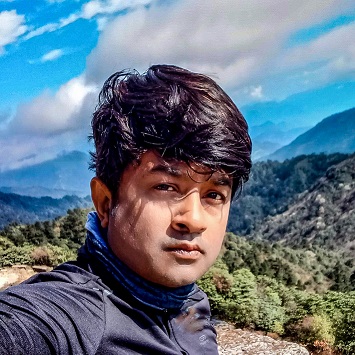
It was a cold misty morning. Armed with my gear for a special Birding expedition, I set off along the winding trails of Mangalajodi Wetlands in pursuit of a small beautiful bird called the Bluethroat well before dawn. The Bluethroat (Luscinia svecica) is a member of the thrush family which I had spotted when I used to do Birdwatching with my binoculars only.
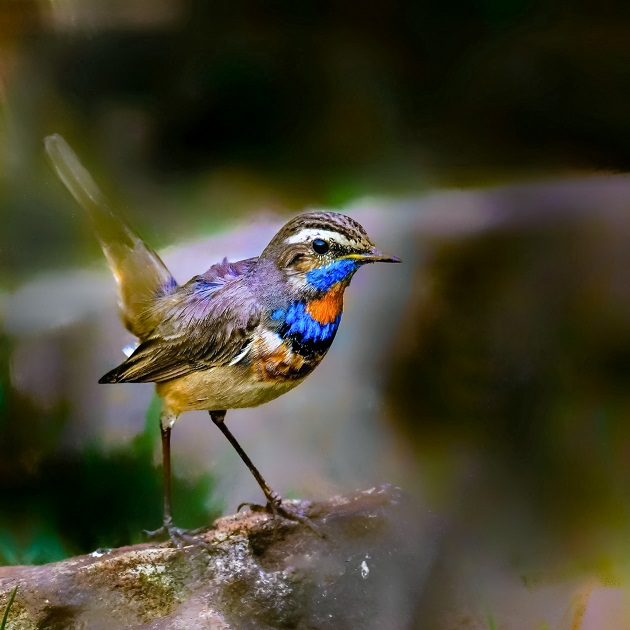
But the impetus to document the experience added extra kilos to my birding gear which included a camera, lenses, tripod and a gimbal. While documenting a small, fluttering and elusive bird like the Bluethroat with a heavy handheld camera coupled with a telephoto lens poses a veritable challenge before the Birder, it is his soul that sustains him through this frustrating yet satisfying ordeal.
The Bluethroat, a small passerine, is a polytypic species similar in size to the Indian Robin at 13–14 cm that breeds across northern Europe, Asia and Alaska and winters from northern Africa to Indian Subcontinent. It is generally considered to be an Old-World flycatcher. Ever-increasing understanding of the processes that govern the loop migration of the Bluethroat are observations on migratory flyways, studies of stopover ecology and behaviour, and research of orientation and navigational abilities. This small beauty of nature has many folkloric names referring to its virtuosity as a singer. It has the most varied song repertoire amongst all avian species and hence called the “the nightingale of Lapland”.
As the sun shone, dehazing the mist, I sat on the dew-draped grass on the earthen bund, patiently waiting for the spring song of the male and a glance of its tell-tale necklace. After what seemed like an eternity, it started to scuttle under the willow through the grassy veil and with it came the trills, buzzes, bell-like sounds and a sharp dry chak. My heart swelled with joy and adrenaline pumped through my veins while I adjusted the focus of my DSLR. As I started clicking, the camera shutter shrouded the sound of the loquacious male flitting from nearby willow to willow, stopping for a moment on each one to sing his operetta of song. By swelling his brilliant blue and orange throat and chest just like a miniature Robin, he chirped, whistled and warbled his heart out. Over the next three hours under the sun, I followed the male, tip-toeing soundlessly to avoid its attention while maintaining a critical distance that birders follow as their second nature, pausing, watching and waiting for that perfect moment to capture the beauty through my lens. After a while, the male was joined by a female and adding to my sheer luck was a juvenile that approached them. The male foraged a caterpillar as he scuttled closer and closer to the scene of the action under the veil of weeds until it was caught by the viewfinder- completely filling my frame.
Of all places of birding in India, including the Keoladeo Ghana National Park, Ranganathittu, Thol Bird Sanctuary, Kodiyakkerai National Park, Dandeli Birding Sites including Himalayan sites of Sattal and Pangot, the rich wetlands of Mangalajodi, Chilka, gives the most promising vantage for a birder. The biodiversity and rich migration have the power to captivate you in its serenity and if you are patient enough you might find peace within the Birder’s Soul.
By Ashis Ku Jena is an Odisha Administrative Service (OAS) Officer and is passionate about Birding & Bird Photography

By Ashis Ku Jena
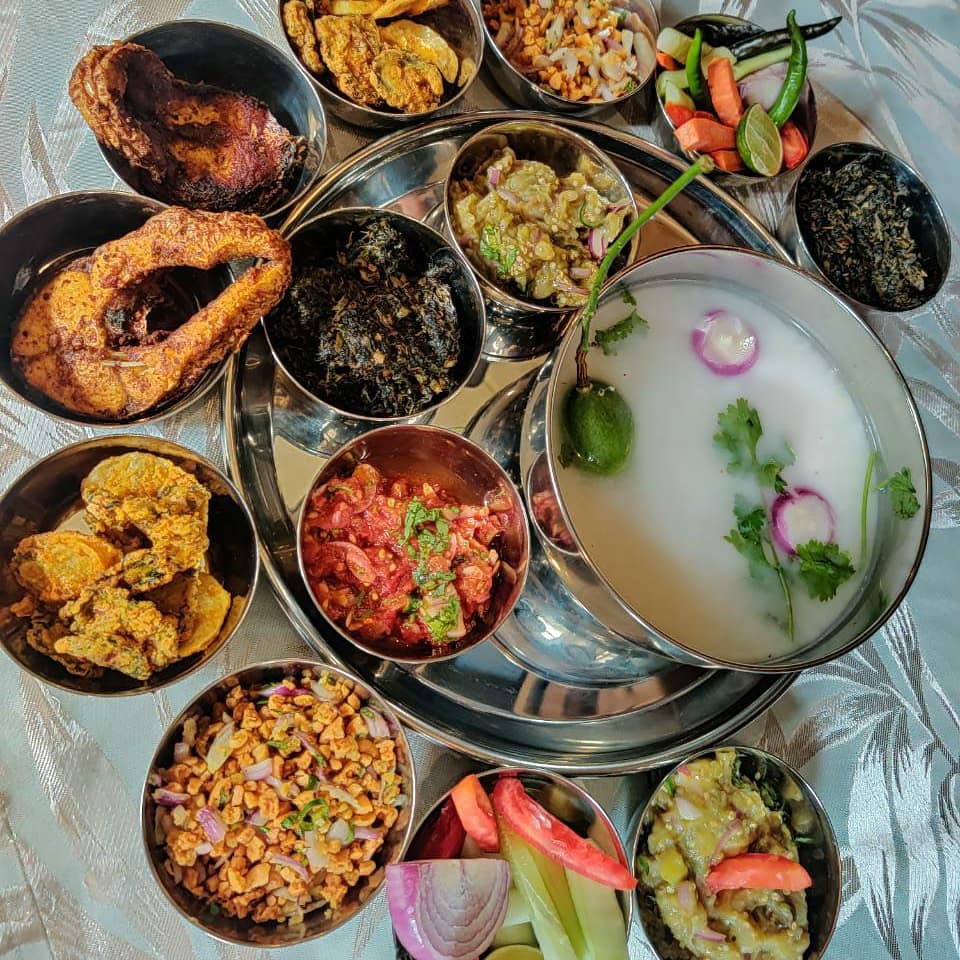
The soul food of Odisha
19 Mar 2024
CHILIKA ODYSSEY : EXPLORING THE RICH AVIAN ...
14 Feb 2024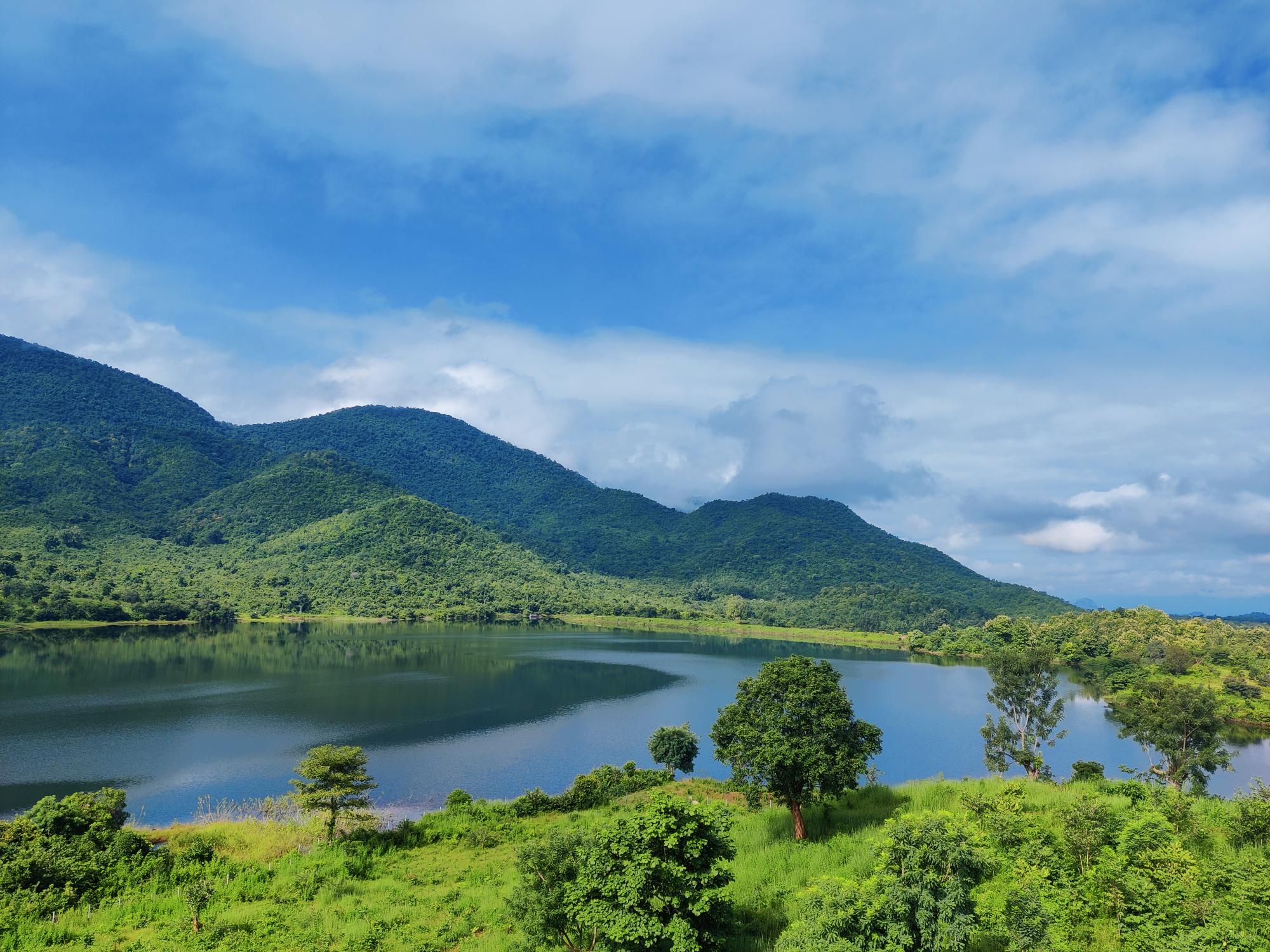
RABANDHARA ECO TOURISM
08 May 2023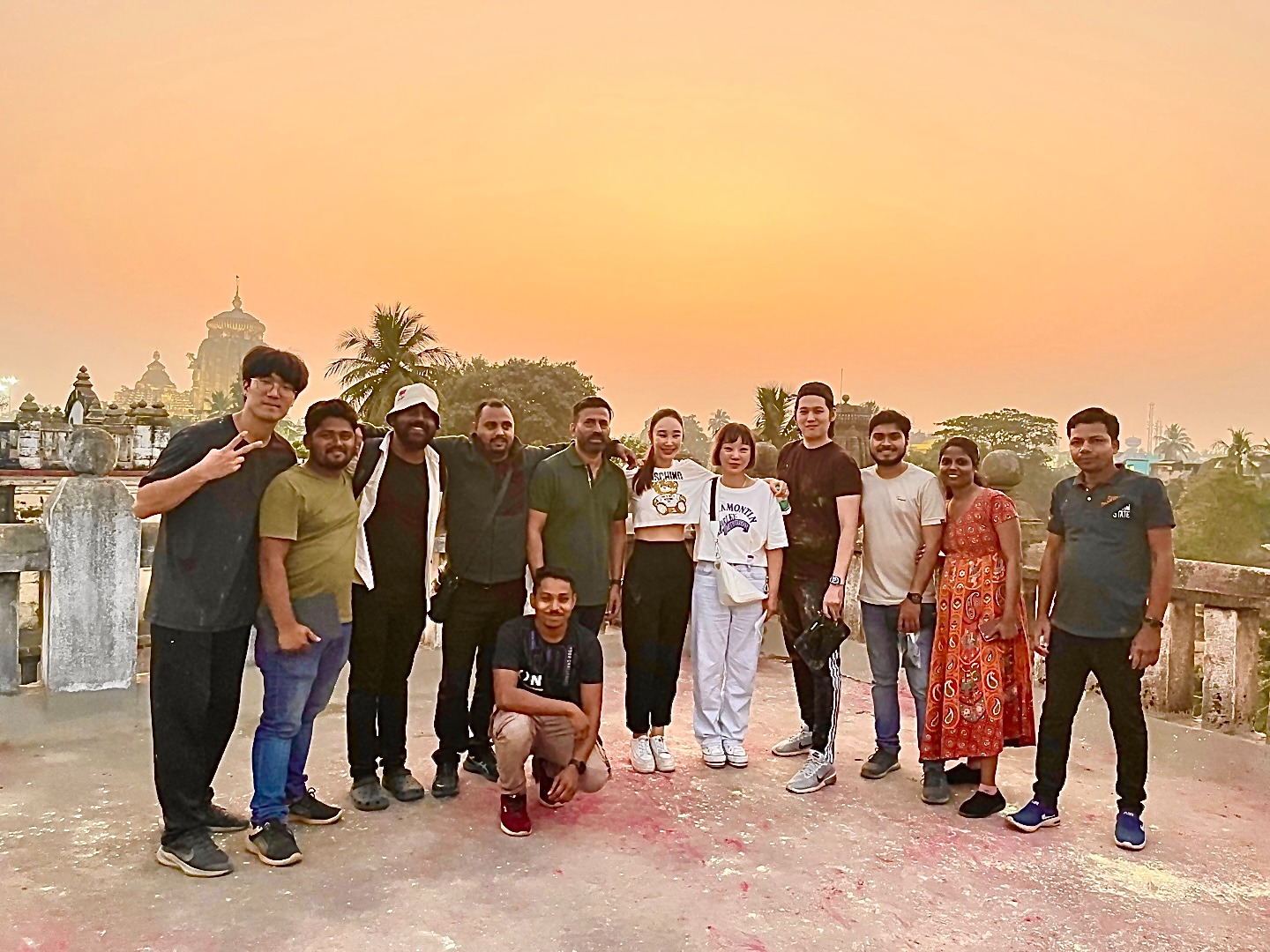
Filming vivid colours of Bhubaneswar with ...
13 Apr 2023
Spellbound Odisha a picture perfect ...
03 Feb 2023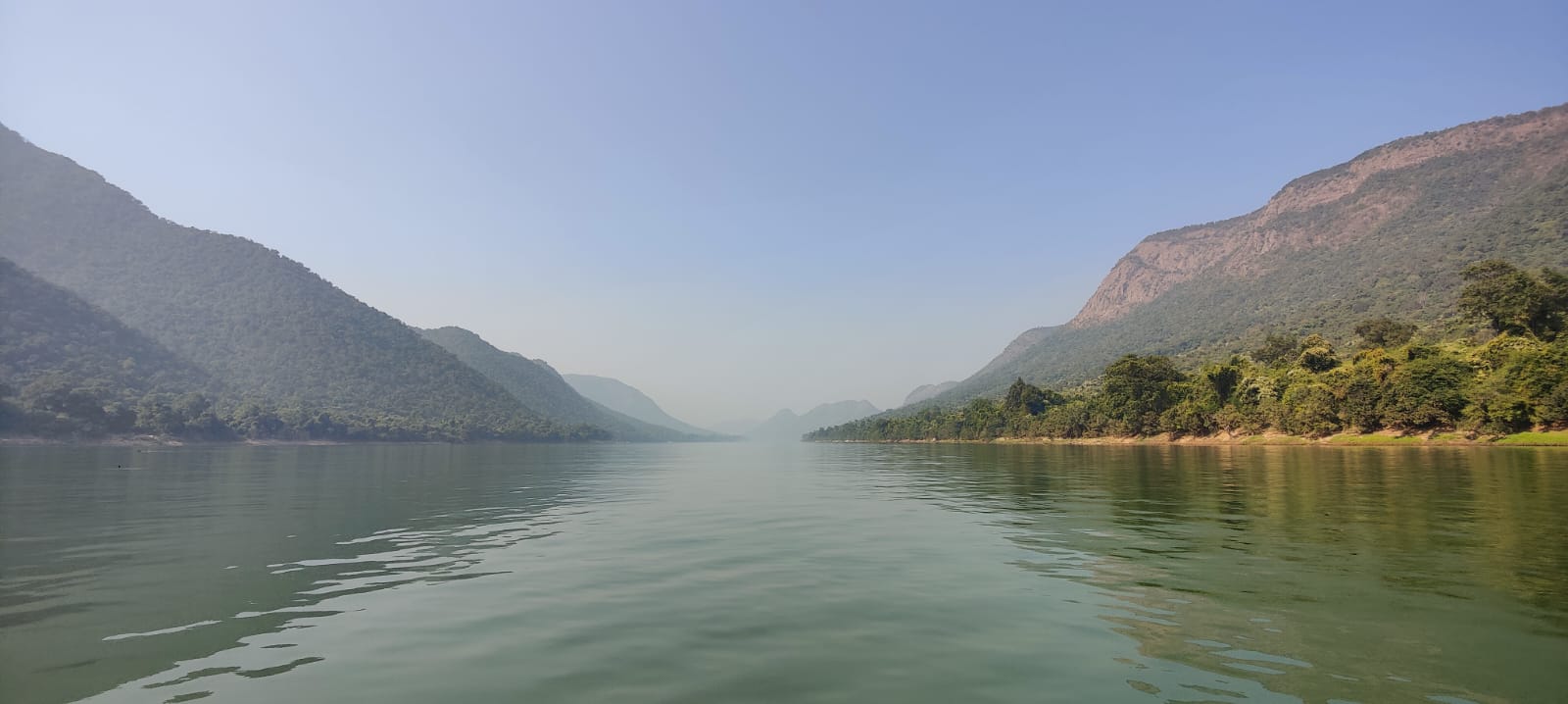
Satkosia a Nature’s Treasure Trove
03 Feb 2023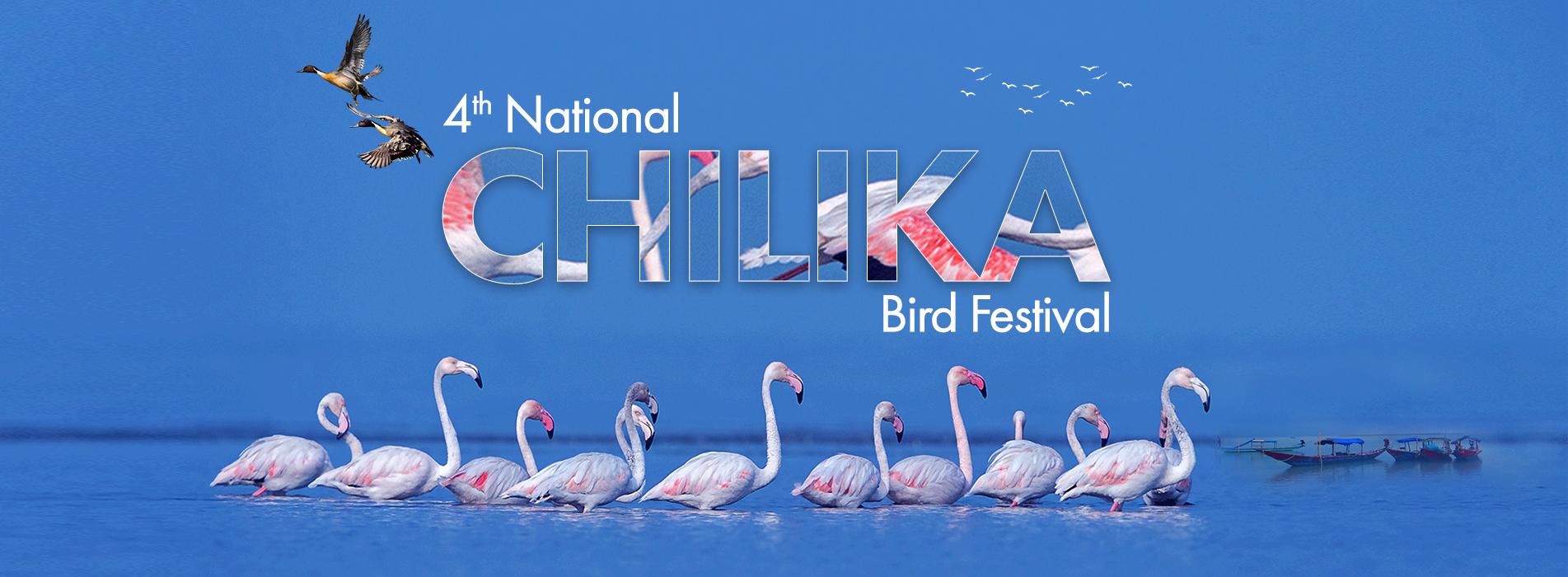
Odisha Wildlife in 4K
02 Jan 2023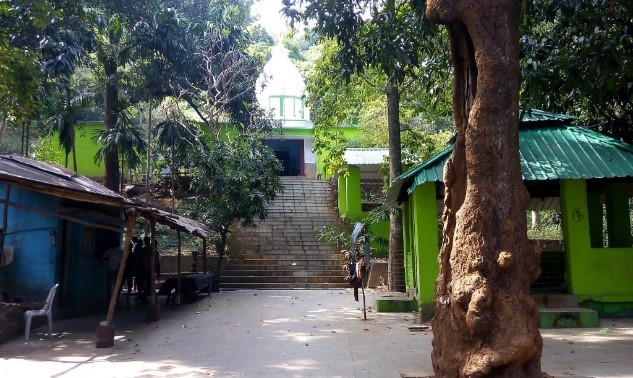
SAPTASAJYA-A Heavenly Tourist Destination
10 Oct 2022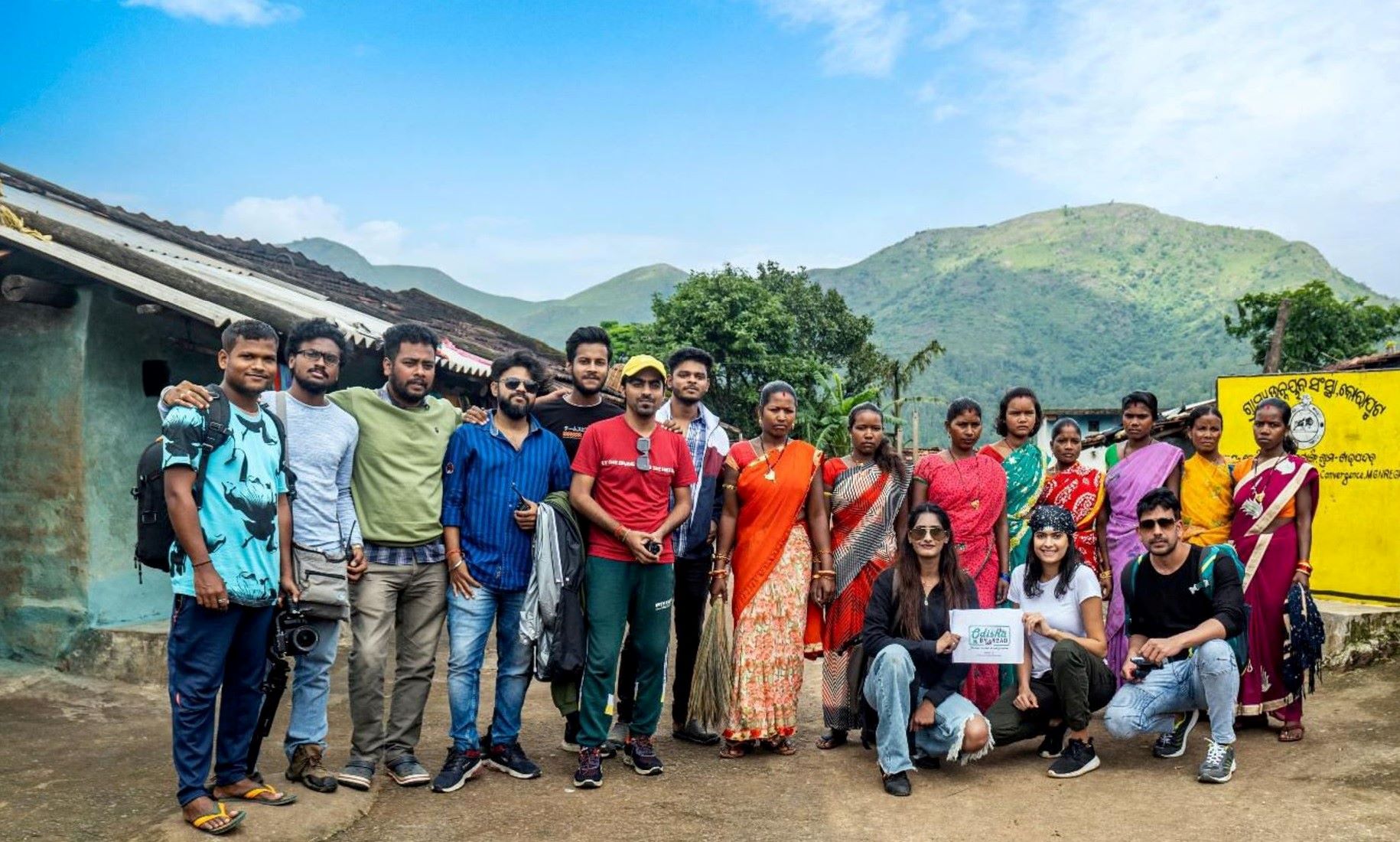
ODISHA BY ROAD 3.0-BEHIND THE SCENES
10 Oct 2022
My experiences on World Tourism Day
10 Oct 2022
Comments